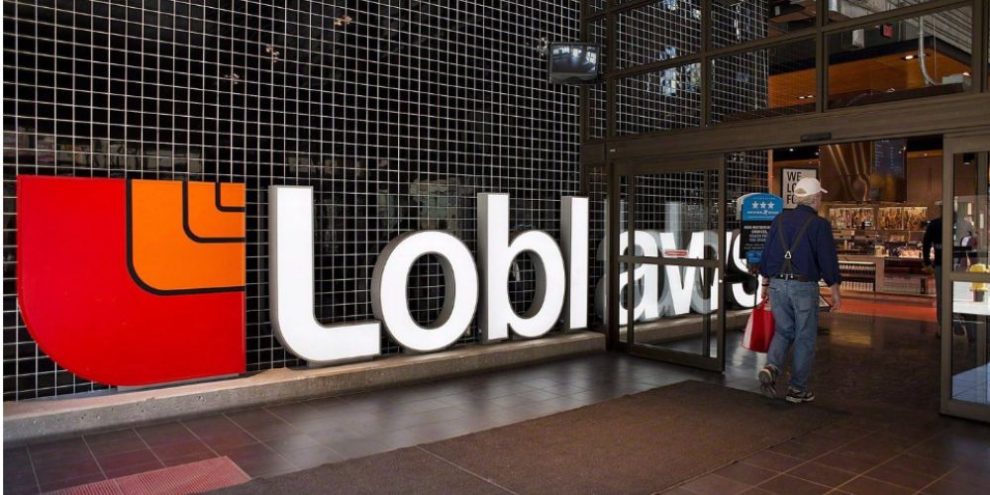
By Rosa Saba in Toronto
The House of Commons committee studying food prices is urging Loblaw and Walmart to sign on to the voluntary grocery code of conduct or risk having it legislated.
In a letter on Friday, the committee told the chief executives of Loblaw and Walmart Canada that they believe the immediate implementation of the code is an essential step to tackle the issues facing the food industry.
If one or both of the companies decides not to participate, "the Committee will not hesitate to recommend that the federal and provincial governments adopt legislation to make it mandatory," reads the letter signed by committee chair Kody Blois.
The industry-created code seeks to create a set of rules for fair dealing in the negotiations between suppliers and grocers.
Both Walmart and Loblaw have said they will not sign the code as currently drafted, warning it could lead to higher prices for Canadians.
Asked for comment on the letter, Loblaw spokeswoman Catherine Thomas said the grocer's goal is to ensure the code is "in the best interest of everyone, particularly consumers."
"We have been and remain committed to working with the industry on a code that is reciprocal, fair and based on good faith dealings across the supply chain," she said in an email.
Walmart did not immediately respond to a request for comment.
MPs on the committee have heard several times from the major grocers over the past year, grilling executives on their profits during inflation, their efforts to stabilize prices and their concerns about — or support for — the grocery code of conduct.
Proponents of the code say it will help level the playing field for suppliers and smaller grocery companies. They say large grocers like Loblaw and Walmart currently have too much power in these negotiations.
If either one of the two retailers decides not to participate, the committee says in its letter that would undermine the code's powers.
"We share the view of the overwhelming majority of stakeholders that the Code’s implementation will provide stability to suppliers and retailers, as the implementations of similar codes in Australia and the United Kingdom have demonstrated," the letter reads, adding that Competition Bureau officials have testified that they don't have concerns about the code's provisions.
"I think we've come a long way, but if it's required to go the regulatory route to create a mandatory environment, so be it," said Michael Graydon, CEO of the Food, Health & Consumer Products of Canada association and chairman of the interim board that's overseeing the code.
He said without Loblaw and Walmart, the code doesn't work.
In December, Metro president and CEO Eric La Flèche told the committee that Metro is willing to sign the code but that it won't be effective without all companies on board.
Though the code is meant to be voluntary, some have called for it to be legislated to ensure all industry players sign on.
Federal Agriculture Minister Lawrence MacAulay said in December that with the code at an impasse, the industry had "failed to meet the moment."
"To say this is disappointing would be an understatement," he said in an emailed statement.
"We’re actively examining all available federal options — that includes legislation," MacAulay said, noting that he and federal Industry Minister Francois-Philippe Champagne had asked provincial and territorial counterparts to do the same.
MacAulay did not immediately respond to a request for comment.
Graydon said "all the value in the letter" resides in the committee's resolve to recommend legislation if the companies don't sign on.
"We need government to step in ... We have tried very, very hard to get a voluntary program put in place," he said.
Gary Sands, a member of the code's interim board and senior vice-president at the Canadian Federation of Independent Grocers, said he is pleased to see the committee take this step.
If the committee has to recommend that the code be legislated instead of voluntary, Sands said many organizations including the CFIG would support it.
"We want an industry-designed and industry-led code, but if that does not materialize because of companies not supporting, then we'll be calling for governments to enact what industry has already developed."
Banner image: THE CANADIAN PRESS/Aaron Vincent Elkaim
This report by The Canadian Press was first published Feb. 16, 2024.
Companies in this story: (TSX:L)





